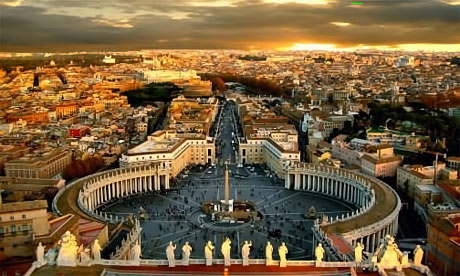“Sometimes I feel like the last ambassador to the Republic of Venice.”
These words, pronounced by a European ambassador to the Holy See, testify to the stress that both sex abuse scandals and the economic crisis are creating in diplomatic circles in Rome.
Being appointed ambassador to the Vatican still gives a very prestigious status. But in recent months it has also made the appointees feel a whiff of uncertainty about their future.
The tiny republic of Venice lasted till 1797, when Napoleon invaded the city and swallowed its territories and institutions.
The comparison between that experience and the Vatican may sound an inappropriate and exaggerated one.
The number of states eager to have diplomatic relations with papal Rome is growing: so far there are 179. Latest arrivals: Russia and Malaysia. No surprise.
Back in 1831, Edward Hannegan, a senator for Indiana, said that the US needed diplomatic relations because papal Rome served as an “emporium of the intelligence in Europe”. Furthermore, and rightly, the Vatican is considered the permanent factor in Italian politics.
But rumours about the difficulty of redefining the approach to today’s Holy See are very telling.
Continue reading the Guardian article, questioning whether this is the Vatican’s twilight.
Additional readingNews category: Features.




